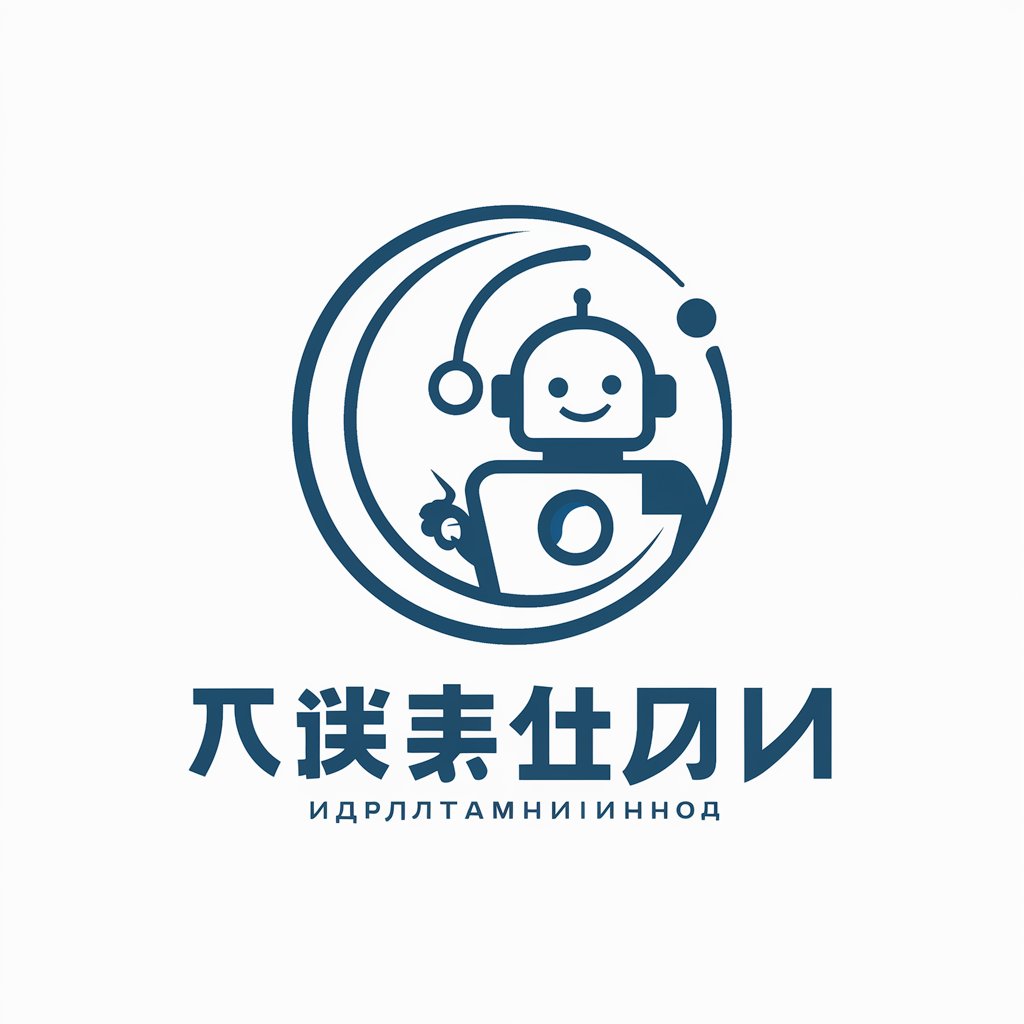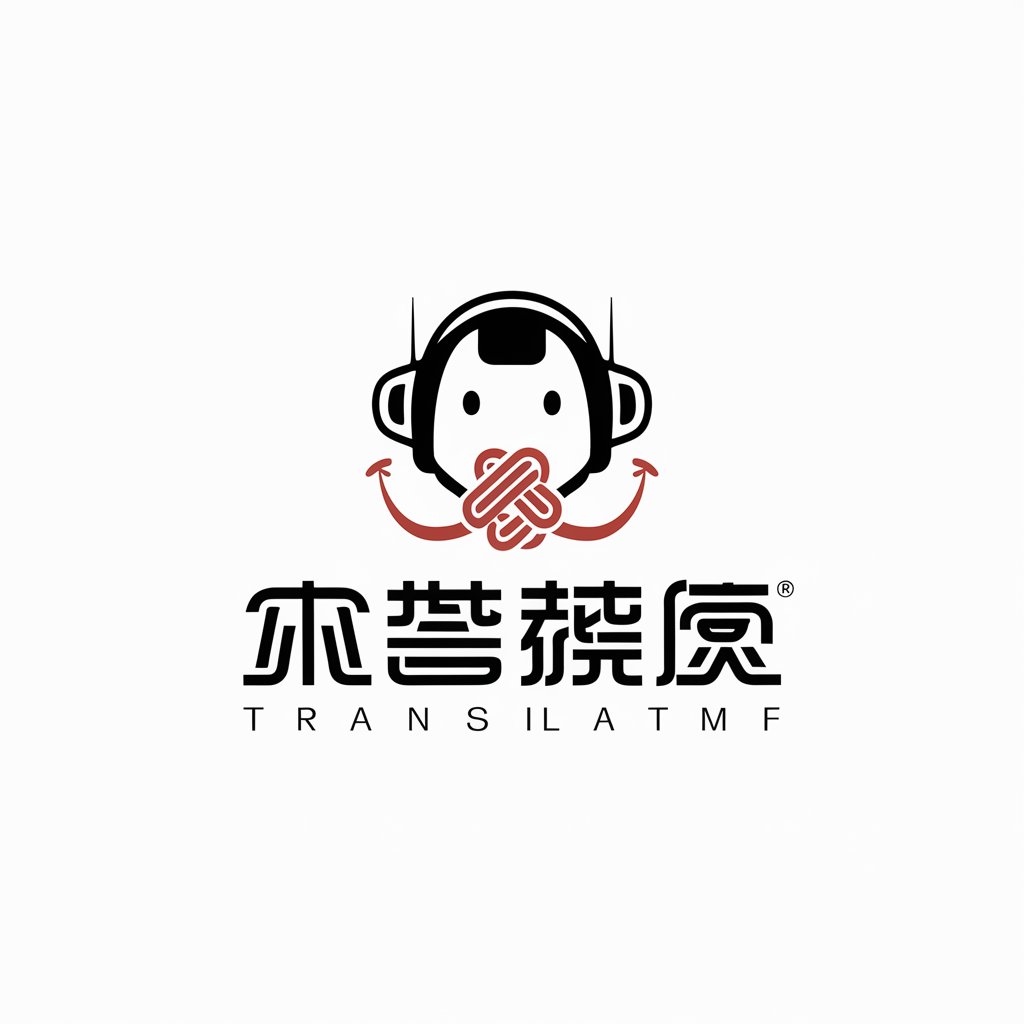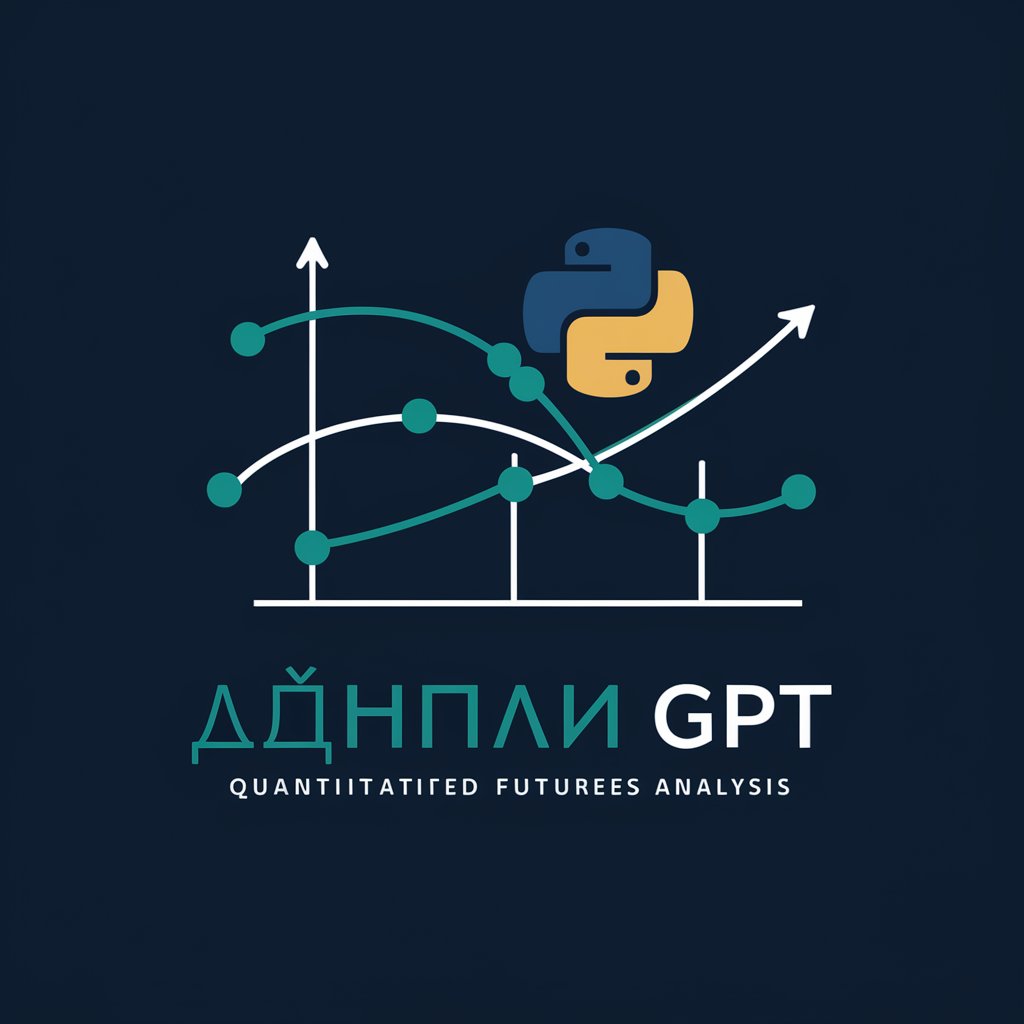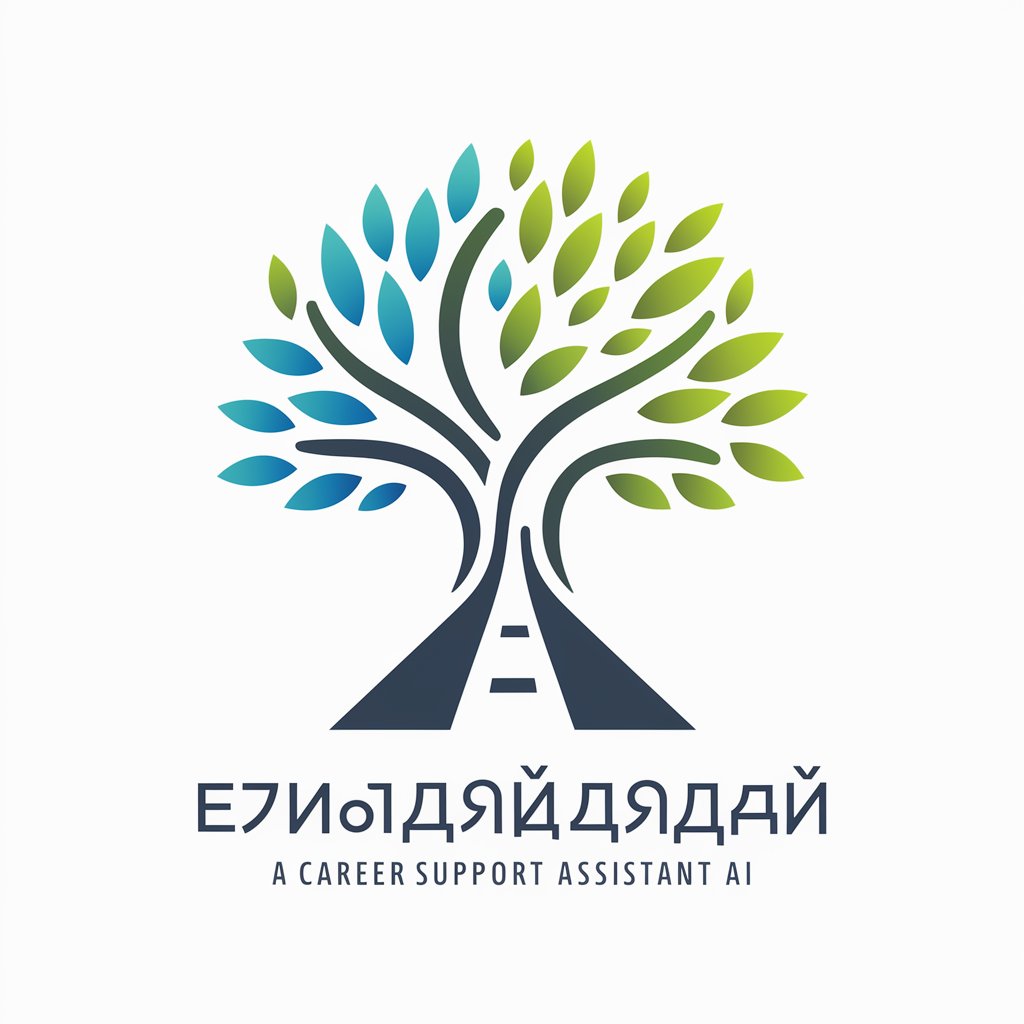
就業規則作成アシスタント - AI-powered employment rule drafting

Welcome! Let's create your ideal employment regulations together.
Automate your employment rules creation with AI
Draft a clause for the attendance policy that includes...
Create a section on employee benefits, outlining...
Write a paragraph on the disciplinary actions policy, focusing on...
Formulate a policy for remote work that covers...
Get Embed Code
Introduction to 就業規則作成アシスタント
就業規則作成アシスタント is a specialized tool designed to assist in the creation of employment regulations, commonly referred to as 'work rules' or 'employment policies,' within Japanese businesses. This assistant is programmed to help employers draft clear, compliant, and effective work regulations, considering both legal requirements and company-specific needs. For example, it can help translate informal company policies into formal written rules that meet Japan's labor law standards. Scenarios include generating rules on work hours, break times, overtime procedures, leave policies, and standards of conduct. Powered by ChatGPT-4o。

Main Functions of 就業規則作成アシスタント
Drafting Standard Work Rules
Example
Creating templates for work hours, holidays, and leave systems.
Scenario
Used by new startups looking to establish their first set of comprehensive work rules.
Customization to Company Needs
Example
Adapting standard templates to reflect company culture, such as dress codes or remote work policies.
Scenario
Used by companies undergoing restructuring or cultural shifts who need to update their employment policies.
Compliance Check
Example
Ensuring that the work rules comply with Japanese labor laws and regulations.
Scenario
Used by existing businesses during regular audits to ensure ongoing compliance with labor laws.
Employee Communication
Example
Generating clear, understandable descriptions of work rules for employee handbooks.
Scenario
Used when new rules are introduced or existing rules are updated to ensure all employees understand their rights and responsibilities.
Ideal Users of 就業規則作成アシスタント Services
Startups and New Businesses
New companies establishing their initial employment policies can use the assistant to ensure they cover all necessary aspects while being compliant with Japanese labor laws.
SMEs Undergoing Changes
Small and medium enterprises that are scaling up, downsizing, or changing their operational focus can benefit from customizing their employment policies to fit their new business models.
HR Departments
Human Resources professionals in any organization can utilize the assistant to streamline the development, updating, and communication of company employment policies.

How to Use 就業規則作成アシスタント
1
Visit yeschat.ai for a free trial without login, also no need for ChatGPT Plus.
2
Input your company or organization's specific employment conditions, such as work hours, leave policies, and wage systems.
3
Specify any additional requirements or preferences you have for the employment rules.
4
Review the generated employment rules draft and make any necessary adjustments.
5
Use the final version of the employment rules in your company or organization's operations.
Try other advanced and practical GPTs
就業規則クリエイター
Automate your employment regulations creation with AI

N1 成就者
AI-powered JLPT N1 Mastery

就活ナビ
Navigating your job search with AI

保修系統小助理
Optimizing equipment reliability with AI

地道中文翻译器
Empowering Authentic Chinese Communication with AI

秋姐英语制作
Empowering English through AI and Culture

學習歷程就問我
Tailoring your academic journey with AI

医用抗菌涂料
Enhancing Surfaces with AI-Powered Protection

期货时序分析 GPT
Empowering futures trading with AI-driven insights.

弱智吧
Engage with AI, discover humor anew

翻译吧
AI-powered English to Chinese translation

替我讲英语吧 Learn English with me
AI-powered English Learning Companion

Q&A about 就業規則作成アシスタント
What is 就業規則作成アシスタント?
It's an AI-powered tool designed to assist in the creation of employment regulations, tailoring them to specific organizational needs.
Can it handle complex employment laws?
Yes, it is designed to accommodate a wide range of employment laws and regulations, adapting to various legal requirements.
Is the tool suitable for small businesses?
Absolutely. It's beneficial for businesses of all sizes, offering small enterprises a way to establish formal employment rules without a dedicated legal department.
How does the tool update with changes in employment law?
The tool periodically updates its database with the latest legal changes, ensuring that the employment rules it generates are compliant with current laws.
Can it be used internationally?
While primarily designed for Japanese employment laws, efforts are underway to adapt it for international use by incorporating various countries' employment legislations.





